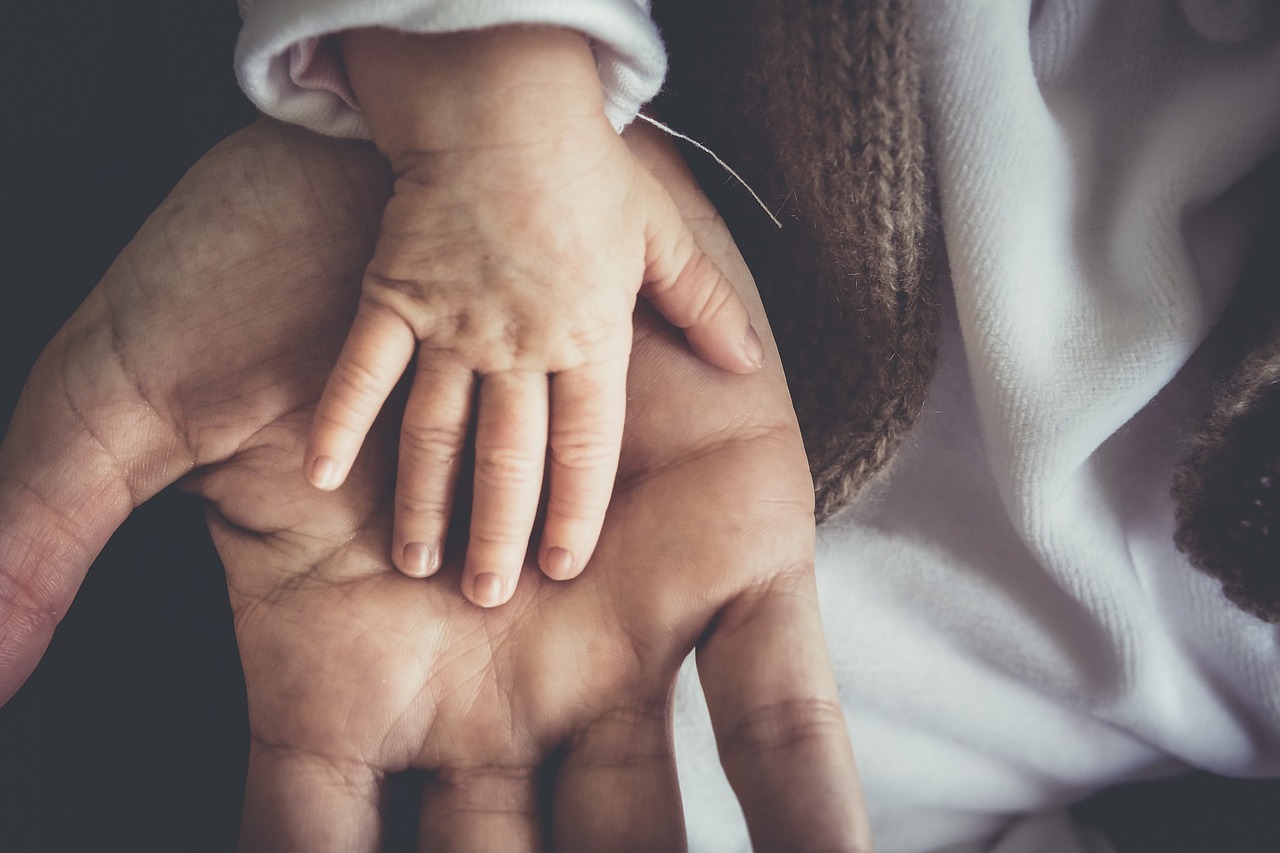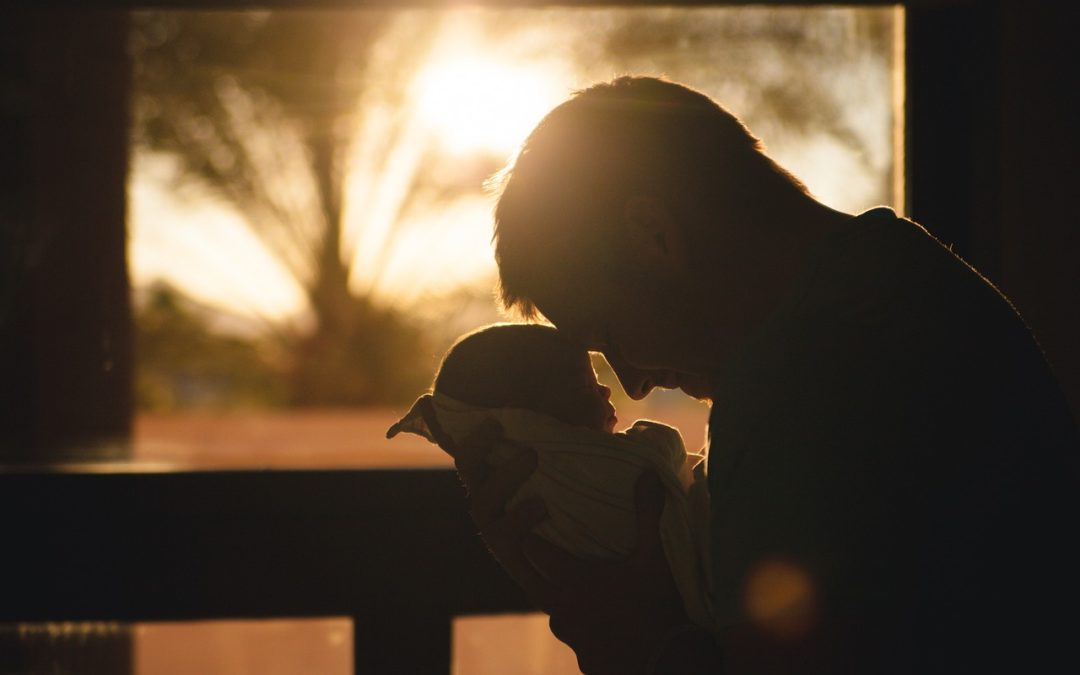A lot is going postpartum. Those first few months are filled with so much joy as you welcome your new little bundle of love into the world. But along with that cute little bundle comes a level of exhaustion that no one else but parents can understand.
This exhaustion only compounds the level of worry and anxiety you have just thinking about how you are going to keep this little one alive. You merely trying to survive and be the best you can for this baby leaves little energy for a decent conversation with your spouse, pleasantries, cuddle time, “me” time, you get the idea.
In the realm of this beautiful chaos, the mother is trying to recover from birth, getting a handle on breastfeeding, figuring out her new role as a mom, and just surviving as well.
Dad’s world is rocked. A new life. A new relationship. A new idea of “me” and “me time.”
This all brings us to postpartum anxiety and depression. We know that moms can get it, it is not uncommon. The combination of hormones and their new lifestyle make this completely understandable. However, what we don’t fully understand is postpartum anxiety and depression for dads.
How does this happen? What does it mean?

With dad’s new reality often comes sleepless nights, a crying baby, fighting with your partner, and being exhausted at work. Over time, it may get worse, it may get harder, and you may get more stressed and angry.
What’s up?
Postpartum anxiety and depression may be what’s up. As many as 1 in 10 dads will experience postpartum issues. In some studies that number has been 1 in 4. That is a lot.
What are the causes?
- A lack of sleep
- Change in hormones (Yes! Men’s hormones change after the birth of a child as well)
- New tensions within their relationship
- Feeling disconnected with mom and/or baby
- Lack of support
- Excessive stress or worry
- Being a stepfather
- Economic problems
All of these issues can put you at risk for postpartum issues. If you notice that the mother is having postpartum issues, chances are that the dad is, too. Studies have shown that “up to half of men whose partners have postpartum depression are depressed themselves.”
How do I know if I have postpartum depression/anxiety?
Ask yourself the following questions:
- Have I been feeling anxious/worried for no reason at all?
- Am I not enjoying these like I used to?
- Is it hard for me to have a sense of humor?
- Do I feel angry or resentful often?
- Am I feeling overwhelmed with daily tasks?
- Have a thought about harming myself?
- Have I been having frequent feelings of being sad or miserable?
- Have I cried from being unhappy?
- Am I having a hard time connecting with my spouse?
If you answered yes to any of these questions, it is a good idea to seek help. A great source of support would be from a therapist, but you could also start by confiding in a friend who is also a father. If there is a chance that you are experiencing postpartum anxiety and depression it is crucial not only for you to get help, but also for your relationship with your partner and for the health of your baby.

